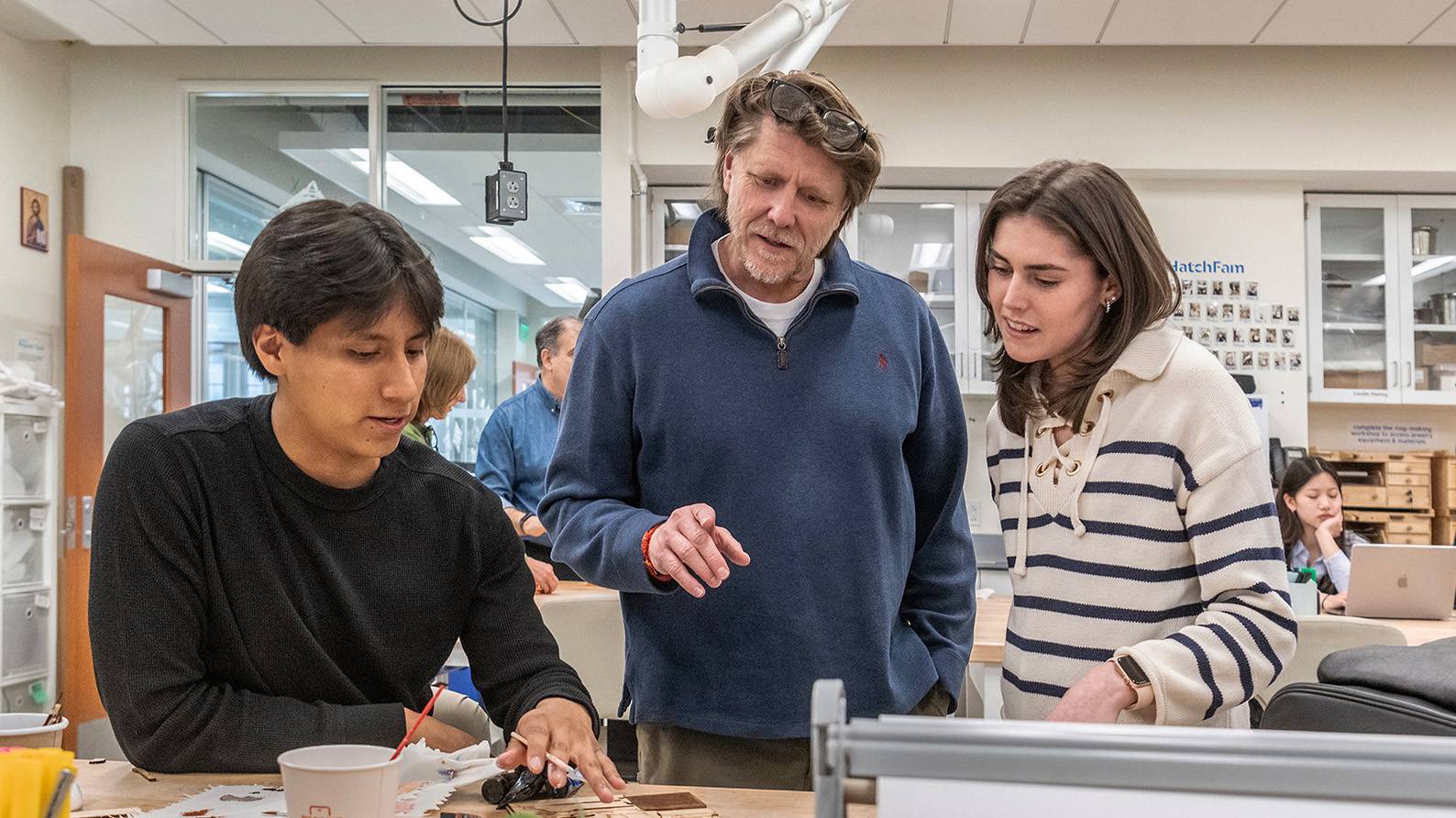We haven’t even celebrated Thanksgiving and already mind-numbing season-songs besiege us through tinny speakers in department stores stocked with mountains of Christmas merchandise.
At best it can be annoying—and, for those of us who are sensitive to Christian values, it can verge on the ungodly. What happened to Advent, to a time of thoughtful preparation for the coming of the Messiah? Why does Christmas have to be identified with the materialism that Jesus taught us to shun?
We’re not going to escape the consumerism that surrounds us, and, in fact, we all want to give thoughtful gifts to friends and family to mark Jesus’s birthday. But there are ways to make sure that materialism doesn’t override the spiritual significance of the season, and the key to that success is through planning.
To help allow you to focus on what matters most and alleviate some of the stress of the season , we have created a free Put Jesus First: Advent & Christmas Planning Guide. Download it here.
What’s it all about?
The word Advent means “arrival” or “approach.” For thousands of years, humanity waited for the Messiah who would come to redeem us and restore our relationship with God; the books of the Hebrew Bible sing with yearning for this event.
Catholics connect the coming of Christ as a baby in Bethlehem to Christ’s second coming, so we experience that yearning both as a commemoration of a past event and in anticipation of a future one. Advent is a time for us to recognize our spiritual longing for God and to be drawn into an ever-deepening relationship with him.
Advent is a season of:
- Joyful expectation
- Prayerful penance
- Spiritual preparation
Note the second item in that list: prayerful penance. Advent has been called a “smaller Lent,” and is as important a season as the one leading up to the Resurrection. We don’t often associate penance with Advent, and yet there’s a strong current of thought that says it should be part of our preparation for whatever lies ahead.
We prepare for the Eucharist through the sacrament of reconciliation, through a penance that breaks down the barrier of sin between us and God. So shouldn’t we spend time and energy in our preparation for Jesus’s birth?
The early Church, the Church of the first century, presented the faithful with three abiding “pillars” of faith: prayer, fasting, and almsgiving.
In the next few weeks our newsletter will look at how each of these pillars can help you put Jesus first this Advent and Christmas.
Mary Mark Wickenhiser, FSP, is a publisher at Pauline Books & Media.

















